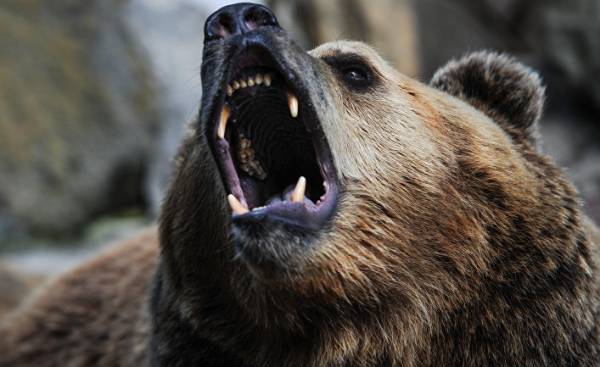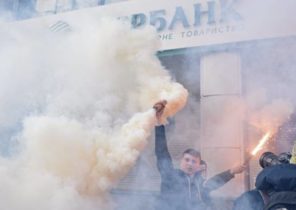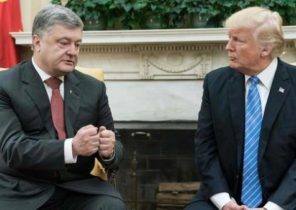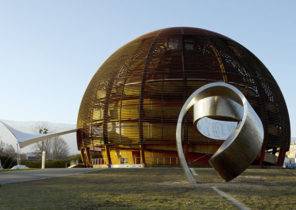
Recently, a more profound becomes the conviction that the Soviet Union was more attractive to the outside world than the Russian Federation. To describe the attractiveness of the countries in the American political scientist Joseph Nye in the 90s introduced the concept of “soft power” (Soft power). In contrast to the “hard power”, in which the priority tools are the pressure and the money, “soft power” is based on culture, political values, and legitimate and moral politics. In this way the country achieves its goals, when other States admire its values, trying to learn from them, aspire to its level of prosperity.
Despite the totalitarian character of the Soviet Union with its Communist ideology had more followers than the Russian Federation, positioning itself as a defender of conservative values. No one disputes the greatness of Russian culture, the richness of the Russian language and in the depth of the Russian spiritual world.
But the fact is that all over the world are more dominant Anglo-Saxon values, the American dream and the British way of life. And the Russian “power” can’t even attract post-Soviet countries. In Russia’s near abroad might admire a strong hand by the Russian leadership, but few are given the choice would wish to live as a Russian “man”. For seemingly simple at first glance, humane image of the Russian spirit often hides the chauvinism of great-power mentality, which looks at the world from the height of Imperial top.
Including due to this approach, Russia has problems with almost all neighbours and the countries of former socialistic camp. And here does not imply political or economic problems. The best manifestation of the antipathy to everything Russian is that knowing Russian language people refuse to admit that can speak this language. This phenomenon can be encountered in many countries.
In Armenia, in General, the Russian civilization is perceived positively, and sometimes we, Armenians, do not hesitate that speak Russian and that speak bad. Nevertheless, more people say they admire the Russian “hard power” — missiles, submarines, fighter jets — in a country surrounded by enemies and having security issues, collects a big audience. The idea is to be a friend of the “Russian bear” seems nice.
But being in the arms of even a friendly bear, it is naive to expect “softness”. All this in each time remembering just then (ed — Armenians), when the big neighbor to the North makes some of the “ugly movement”. This time it was done in Armenia “insensitive” offer of assignment to Russian of the status official, which was subjected to widespread public criticism. From this incident we can make two important conclusions.
Russia needs to increase investment in “soft power.” And it should be expressed not in the Russian propaganda than the Russians are busy today. In the post-Soviet space and Europe’s negative perception of the image of Russia is quite widespread. In this direction there is still a lot of work, unless of course the Russian strategists interested in the opinions of others about themselves and communication with the outside world is not considered only as part of the information war.
In Armenia, it had become usual these “bear” the steps are our ally and we need to develop the ability of proportional response. Most important of all, Armenians should know in the required time to be able to say “no”.







